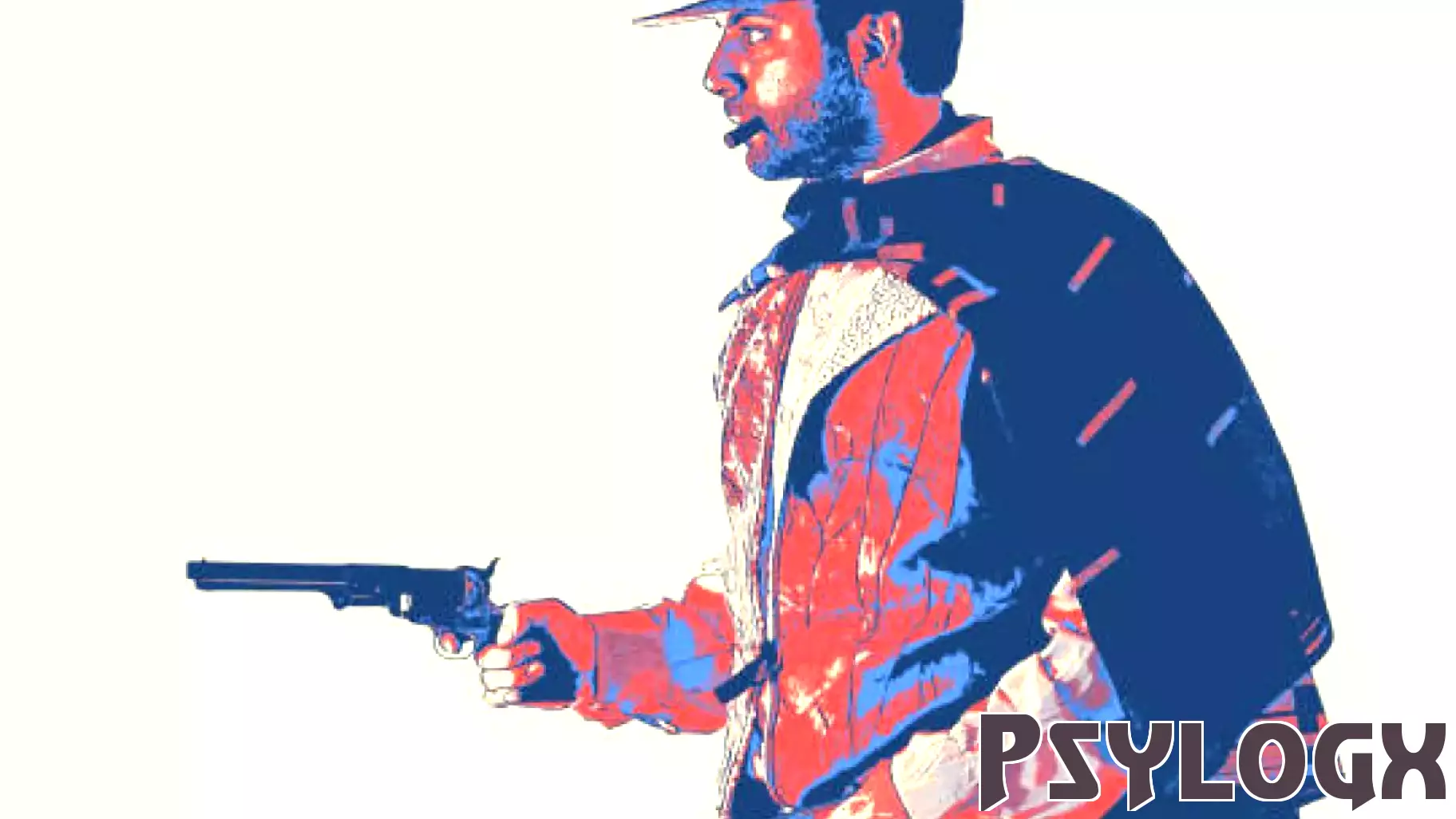January 9, 2025 - 17:49

Distorted archetypes play a crucial role in the emergence of violent ideologies and the rise of deadly outlaws. These archetypes, often rooted in societal discontent and rebellion, can captivate individuals and lead them down a dangerous path. The allure of rebellion against perceived injustices can create a fertile ground for extremist beliefs to flourish, drawing in vulnerable individuals seeking purpose or belonging.
Understanding these distorted archetypes is essential for effective threat assessment. By identifying the psychological signs that accompany the adoption of such ideologies, communities can take proactive measures to intervene before it is too late. This involves recognizing the narratives that resonate with potential recruits, as well as the emotional triggers that may push them toward radicalization.
As society grapples with the complexities of modern extremism, it is imperative to delve into the psychological underpinnings of these movements. By doing so, we can better equip ourselves to combat the influences that distort archetypes and threaten the fabric of our communities.



